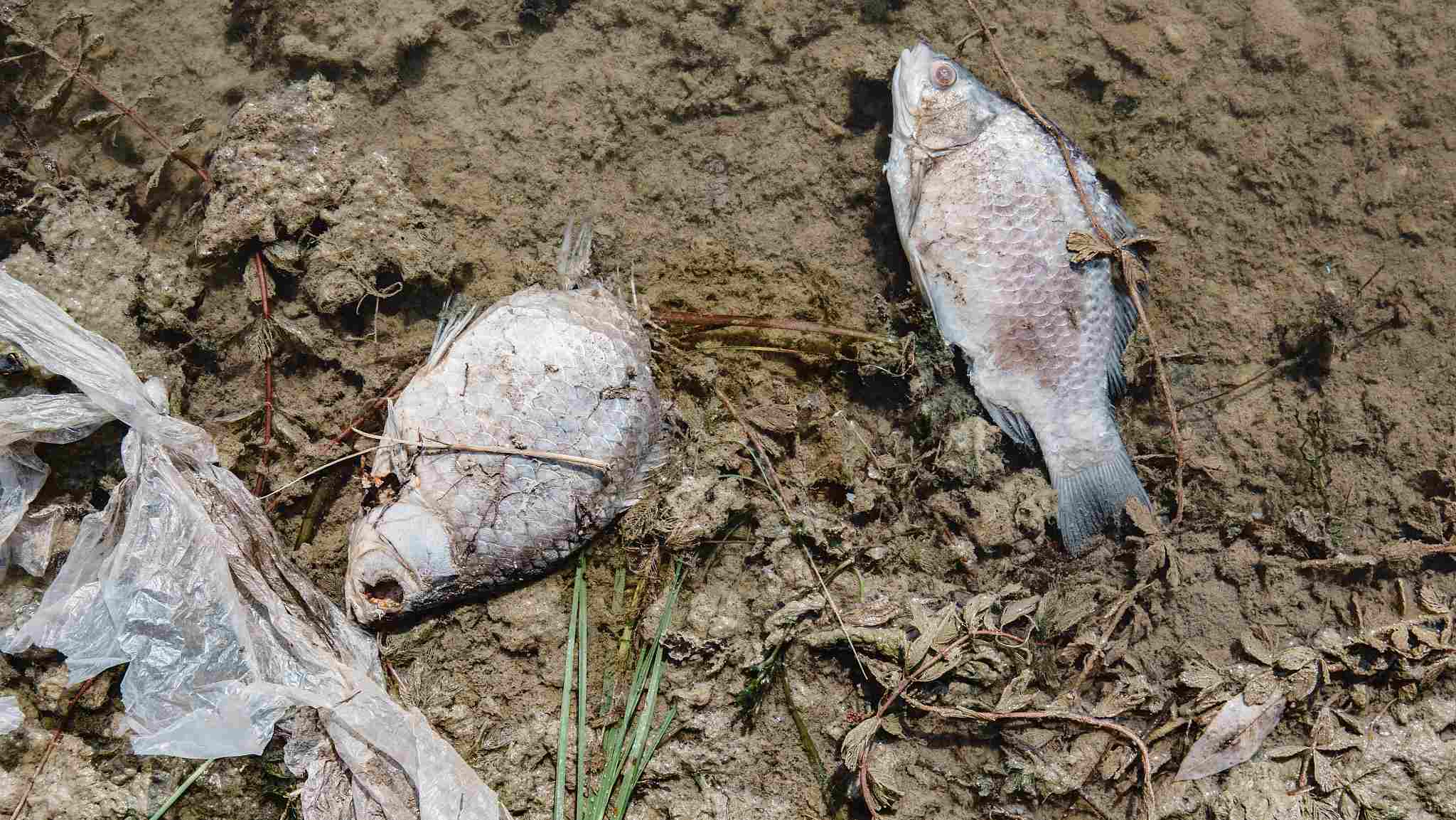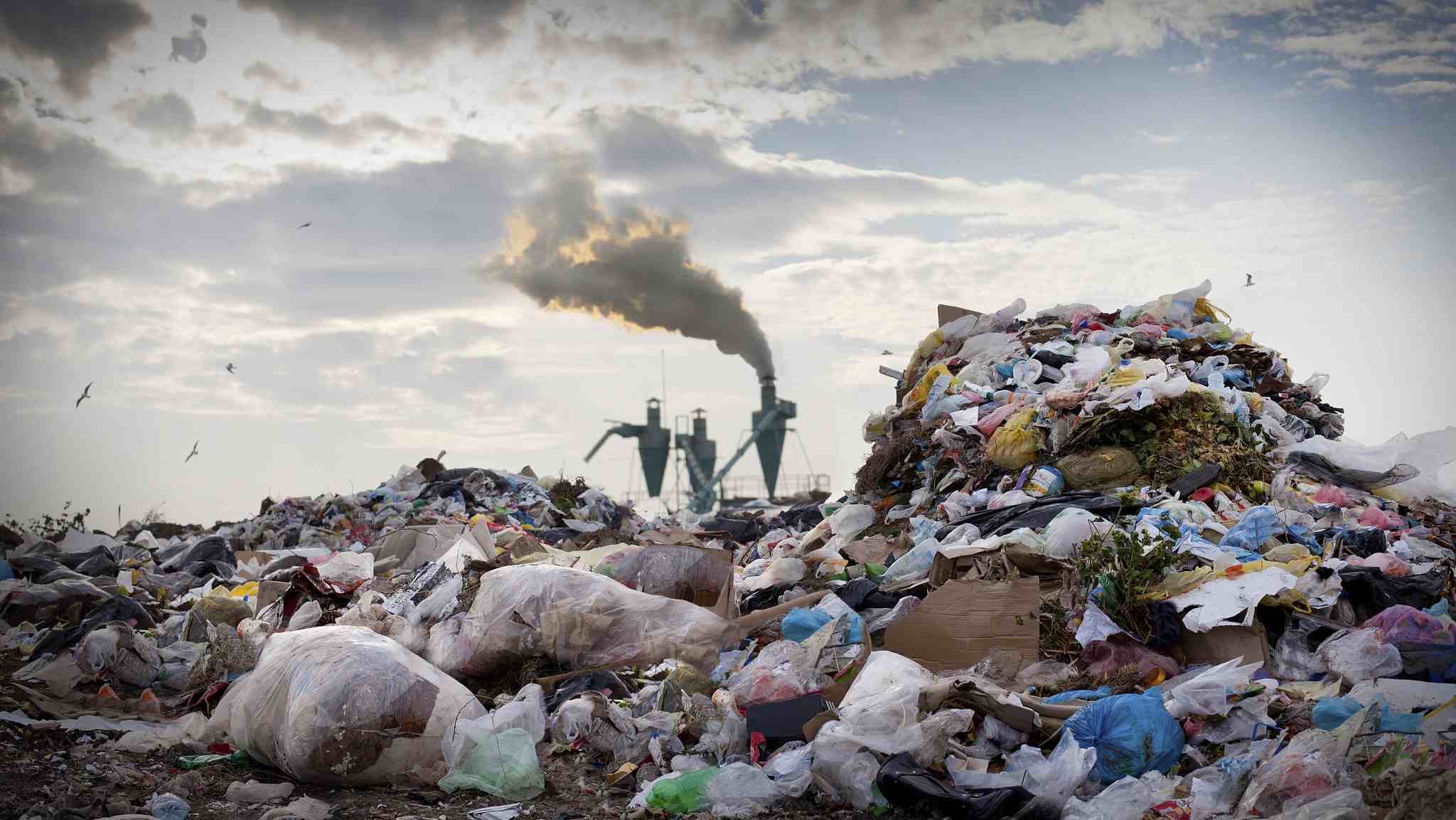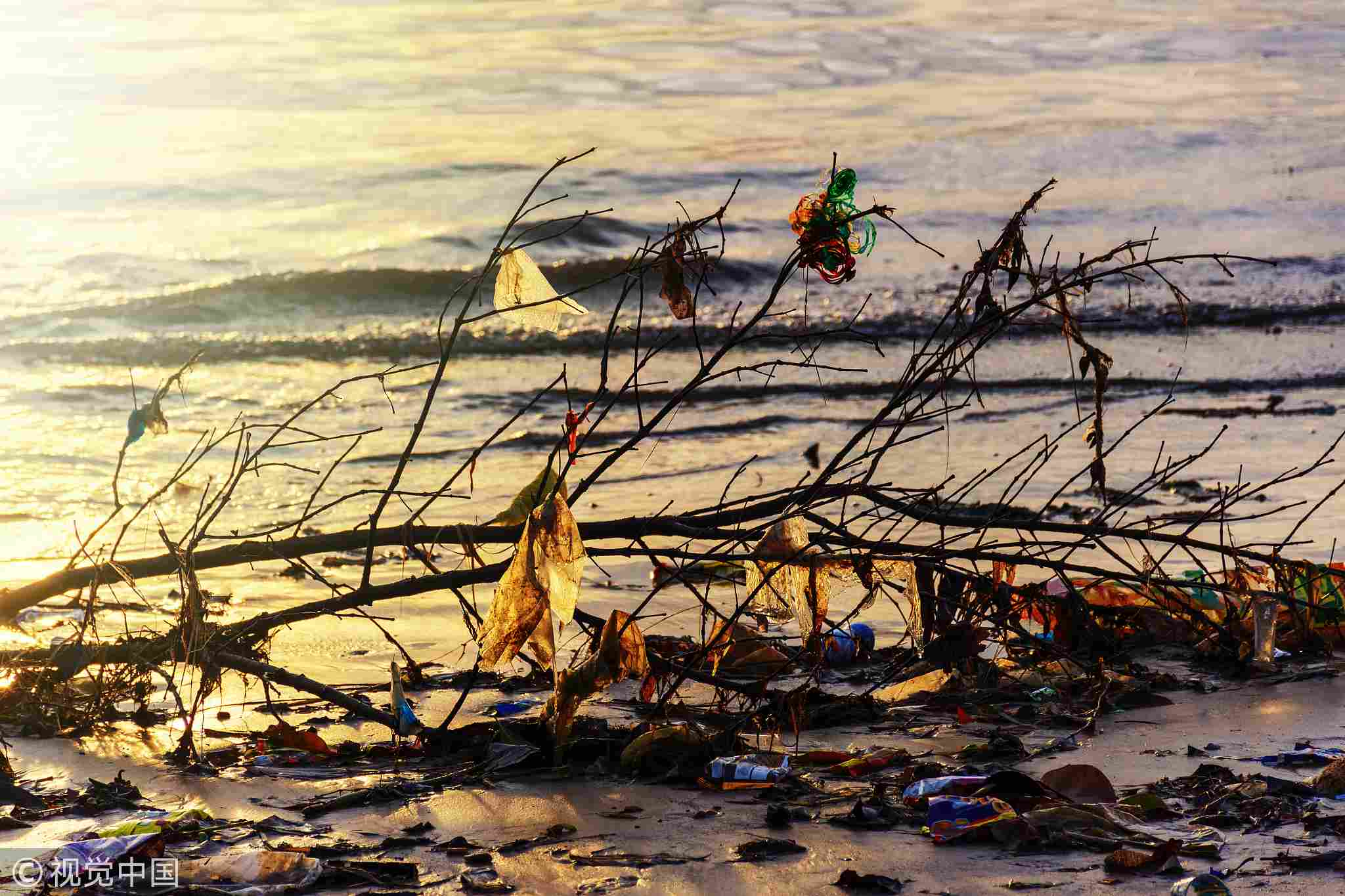
Enviro
15:24, 14-Jan-2019
Report: Food contamination by trans-boundary pollution on the rise
Updated
14:22, 17-Jan-2019
CGTN

Food contamination from pollution originating mostly in low- and middle-income countries is growing exponentially, causing severe illness among consumers, a new report said.
The first comprehensive report on such a subject, Pollution Knows No Borders, issued by U.S.-based environmental organization Pure Earth, found pollution moves from countries lacking substantive pollution controls to the rest of the world.
In developing countries, researchers found massive amounts of industrial waste dumping in local water sources. Farmers facing the extreme climate change and depleting water availability have no option but to use the contaminated water sources to cultivate crops.
The pollutants in the water also contaminate the crops, consumption of which causes serious illness. "There is an invisible toxic thread that links workers being poisoned in poorer countries producing products, and consumers exposed to poisons while consuming these products," Richard Fuller, one of the authors of the report said.

Transboundary pollution /VCG Photo
Transboundary pollution /VCG Photo
Developed countries have banned food products containing pollutants like heavy metals and pesticide. However, the complex processed food supply chain makes its implementation extremely difficult.
Toxic cereals and food product significantly affect countries like the U.S., which is dependent on developing countries for farm produce. The country imports more than 50 percent of its fruits and vegetables and 80 percent of its fish and shellfish, which are more susceptible to the problem.
"Only a small percent of fish is tested for toxins by the U.S. FDA – less than 1/10th of one percent. Yet of those tested, often 10 percent are rejected. Similar results occur for vegetables in Europe and elsewhere," the report maintained. A similar situation prevails in European Union countries.

Trash and Plastics at the border /VCG Photo
Trash and Plastics at the border /VCG Photo
The report mentions that under such a scenario there have been incidences of high arsenic and mercury concentration in rice teething biscuits and cereal available in supermarkets. Also, batches of chocolate crossing the permissible cadmium and lead limit entered the market.
The situation is getting alarming with a large number of African, Asian and Latin American countries still lacking effective policies to tackle soil, water, and air pollution.
The report cites illegal dumping of industrial waste in local water sources, high use of pesticide, and use of mercury for artisanal gold mining as being major concerns.
Researchers suggested cleaner fuels, treatment plants for industrial effluents, safe production techniques, and guidance on and enforcement of pollution regulations for small- and medium-sized enterprises can help in reducing the emissions level.
Apart from local action, researchers are advocating for a joint global effort to tackle the menace of pollution.
"You can't solve air pollution or transboundary pollution on a country-by-country basis. It requires global cooperation to deal with the problem at the source," said Janez Potocnik, co-chair of the UN International Resource Panel.

SITEMAP
Copyright © 2018 CGTN. Beijing ICP prepared NO.16065310-3
Copyright © 2018 CGTN. Beijing ICP prepared NO.16065310-3